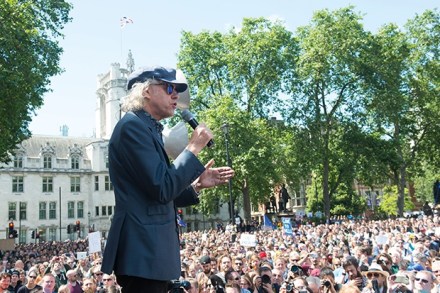What you learn when you learn a poem by heart
I’ve just learned by heart another poem — my first in nearly 30 years. The one I chose was A.E. Housman’s ‘On Wenlock Edge’, not for any special reason other than that it’s part of the canon and that it happened to be in an anthology conveniently to hand by the bath when I decided to embark on this new venture. When I started, it was purely for the mental exercise. (I mean, nice though it is to be able to quote lines of verse, I can’t conceive of many circumstances when I’ll be able to wheel out a phrase like ‘When Uricon the city stood’ and be congratulated for




















